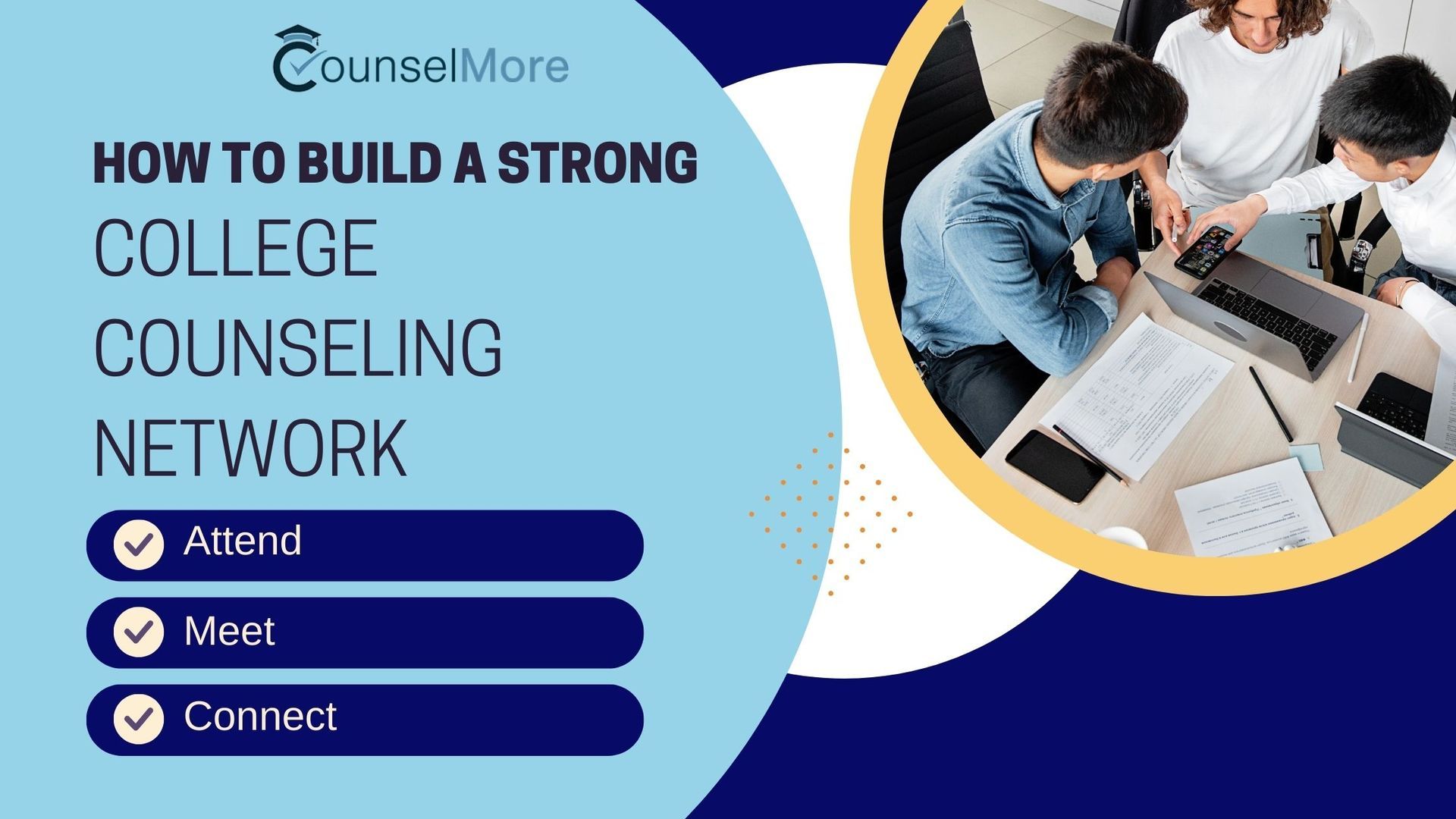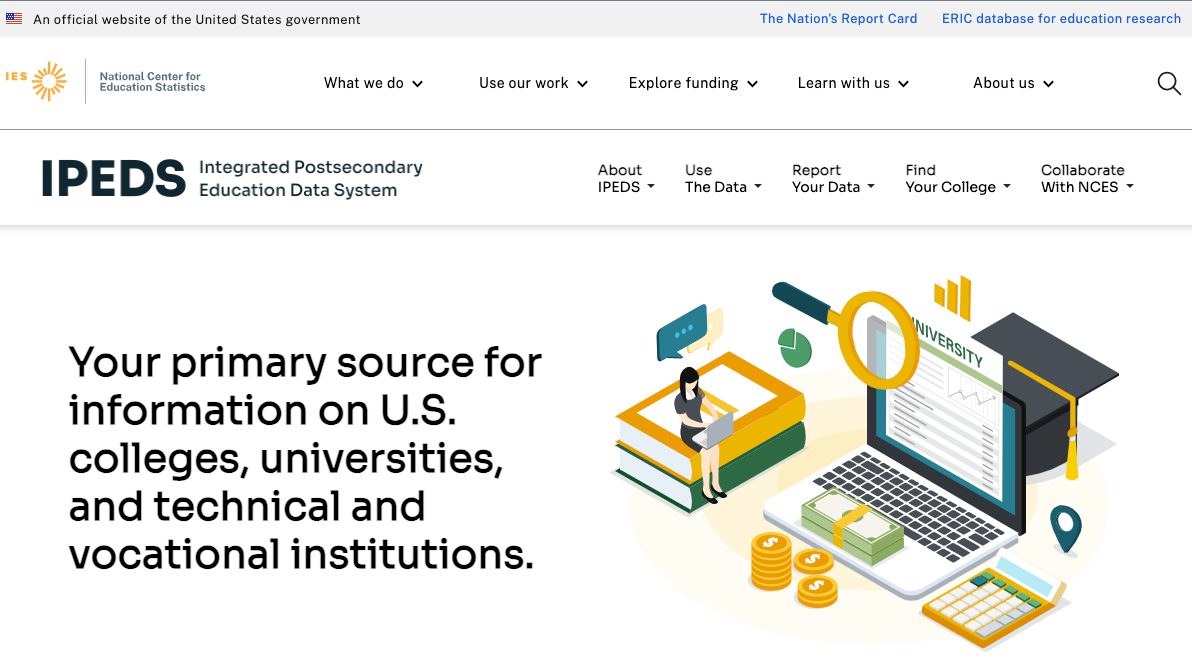- Take AP exams which usually run around $95, and many institutions accept satisfactory scores as transferable course credit. Spending less time in college saves you money.
- Pay to live on campus for only one year and then apply to be a Resident Assistant; this position on campus usually pays for your room and board. As an RA, you are paid to live on campus and your travel expenses to and from school are lowered.
- At the end of your first-year you will know what classes you will be taking next semester. Contact students who are currently in those classes and ask that they sell their textbooks directly to you, no shipping and notes included. Or rent your textbooks from chegg.com.
- Check your State Community College Free program. Many have the option to complete 2 years and transfer to a state four-year college.
- Find a non-student staff job on campus. Many positions come with reduced tuition while employed.
- Join ROTC - Receive scholarships and stipends in exchange for a commitment to serve your country (usually 4 years) after graduation. You will commission as a military officer - cool!
- Join AmeriCorp - The domestic Peace Corp. Just like the Peace Corps, AmeriCorps participants receive an allowance and some programs provide housing. Health coverage, training, and student loan deferment are also included with the programs. At the completion of their assignment, participants receive on average $4,725 towards college or graduate school, or the repayment of student loans.
- Earn your degree online from an accredited institution!
- Attend part time and ask the registrar if any "life-time learning" credits can be applied to elective credits.
- Find a job that will reimburse you for college credits earned. There are large companies that will offer this perk even to new and entry level employees.
Written by: Margaret Rothe, Career in higher education, Master of Higher Education, Student Affairs, owner of HigherGrounding, a college consulting firm; a founder of, CounselMore, College Counseling Software, a college search, list builder and professional college planning management tool.


















